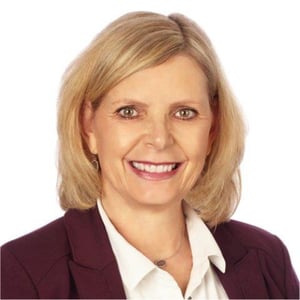 Crayon's Competitive Intelligence Spotlight is an interview series where we chat with intelligence professionals to get a glimpse into their careers and gain unique insight into competitive strategy. In this edition of the Competitive Intelligence Spotlight Series, we shine the light on Laurie Young, Director of Competitive Intelligence at Lone Star Analysis.
Crayon's Competitive Intelligence Spotlight is an interview series where we chat with intelligence professionals to get a glimpse into their careers and gain unique insight into competitive strategy. In this edition of the Competitive Intelligence Spotlight Series, we shine the light on Laurie Young, Director of Competitive Intelligence at Lone Star Analysis.
ED: What is your role?
LY: I am the Director of Competitive Intelligence here at Lone Star. I manage a team of analysts who are responsible for competitive analysis projects. We work on competitive assessments, market studies, Black Hats, and competitive landscapes. These projects feed into the Price to Win analysis that our group does. I also provide alerts on relevant topics to provide situational awareness throughout my company, and for our clients.
ED: What does the company do?
LY: Organizations are often uncertain how to analyze and leverage their data to make informed decisions. Lone Star’s technology greatly reduces the amount of uncertainty around these critical business decisions. Our predictive, prescriptive, and AI solutions enable companies to use their data to substantially improve operational and financial performance.
We have four lines of business:
- Performance Optimization – Deep predictive insight to manage operations – overcoming uncertainty and complexity
- Competitive Differentiation (my Group) In-depth, objective understanding, and awareness for critical competitions
- Programs & Systems Advisory – High-value program management & systems engineering on complex technology development
- Real-Time Prescriptive Analytics – Real-time high-performance predictive & prescriptive analytics at the point of need
ED: Tell me a little bit about your career path. How did you become the CI leader you are today?
LY: I was an analyst and manager in CI throughout most of the 1980s. I was working at Battelle Research Institute in the 1990s as an analyst and asked if our Government group had any competitors. My boss told me no. I then asked why we did not win all the competitive contracts, so he told me to go find answers. After two months of research, I presented him with a list of 6-10 companies who were direct competitors (winning contracts). He then put me in charge of tracking and alerting on competitive developments. I became an “info junkie” and have not looked back.
Every job since then has had a significant CI component. Since day one at Lone Star, I have received tremendous support and encouragement leading to my involvement with SCIP.
ED: CI has changed so much over the years, going from strictly manual to automated, and it’s more widely practiced. How do you see CI evolving over the next 5-10 years?
LY: Industries are becoming more competitive, so I believe there will be a greater need for CI. Technology is moving toward more digitization and automation. Previous very labor-intensive processes will likely be automated. With so much “data” available, analytical skills will be even more in demand. Even the use of Artificial Intelligence and Machine Learning will not obviate the need for human brains. In the Defense world, there will continue to be more non-traditional competitors who will require understanding (Amazon, Google, etc.).
ED: What do you think is the biggest misconception about competitive intelligence?
LY: There are people who believe that any title with “intelligence” in it means “legal spying.” There is a fascination with James Bond and all associated activities. Also, some do not value competitive intelligence; they have a myopic view and do not consider the importance of understanding the competitive landscape. This means that in any client engagement, we must educate our clients about the value and ethical use of competitive intelligence.
ED: How do you ensure that your stakeholders always have the best intel delivered to them?
LY: We work very hard to provide an unbiased, fact-based analysis of the situation. We triangulate our data – always looking for three separate data points to validate or refute an assumption. Our processes guarantee a rigorous review process. Often the peer reviews are much more challenging than our actual client delivery. We are also very careful to source our information so that our clients understand the context and the level of credibility.
ED: What’s the biggest challenge you’ve faced in the competitive intelligence process? And, how did you overcome it?
LY: My biggest challenge now is that there is so much data. We have been looking for tools to help with collection and storage in order to drive efficiencies so we can spend more time doing analysis. We are currently evaluating several tools and methodologies to increase efficiencies for our clients.
ED: How do you measure competitive intelligence success?
LY: Our goal in all our work is to enable our clients to make winning decisions, so having our clients win a contract is considered the ultimate success. Providing information that enables a client to walk away and save money, is also a success. I also consider providing relevant information (alerts) that help our clients react as a success. We also provide training. Helping a company develop an internal PTW and CI capability – and serving as a mentor for new analysts is very satisfying professionally. I see myself as a CI evangelist and very much enjoy the relationships that I have developed with clients and peers.
ED: What is something you wish you knew earlier in your career?
LY: Finding data is easy, making sense of it or providing the “so what” is not. I wish I would have had a mentor earlier in my career who encouraged me to take some risks and make some analytical judgments, even when there was a large amount of uncertainty. It took me a while to be confident in my analytical abilities.
ED: When you’re not hard at work, what’s your favorite thing to do?
LY: I love to read – mostly fiction – spy thrillers, mysteries, historical fiction. I also love to exercise – pilates and weightlifting. My Peloton has been a lifesaver during these “quarantine times.” I also cannot help myself when it comes to sending out information alerts whenever I see them. I am an “info junkie”!
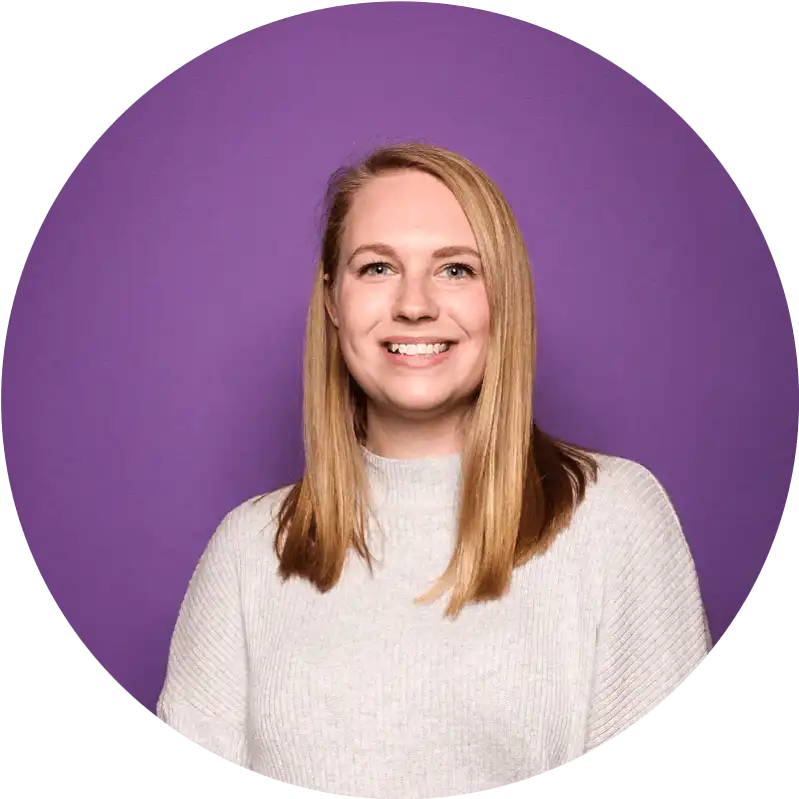
Related Blog Posts
Popular Posts
-
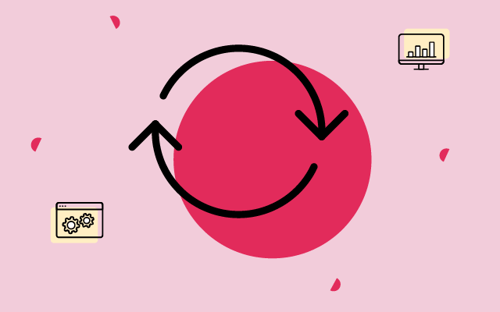 How to Create a Competitive Matrix (Step-by-Step Guide With Examples + Free Templates)
How to Create a Competitive Matrix (Step-by-Step Guide With Examples + Free Templates)
-
 Sales Battlecards 101: How to Help Your Sellers Leave the Competition In the Dust
Sales Battlecards 101: How to Help Your Sellers Leave the Competition In the Dust
-
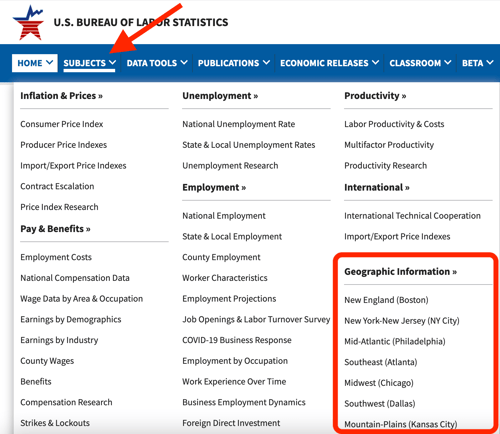 The 8 Free Market Research Tools and Resources You Need to Know
The 8 Free Market Research Tools and Resources You Need to Know
-
 6 Competitive Advantage Examples From the Real World
6 Competitive Advantage Examples From the Real World
-
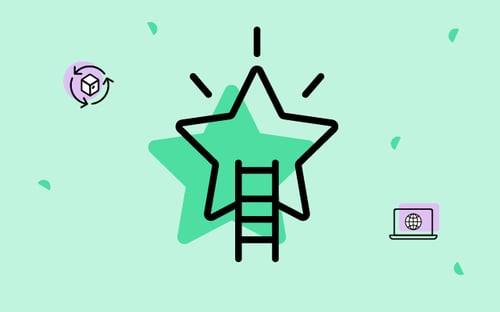 How to Measure Product Launch Success: 12 KPIs You Should Be Tracking
How to Measure Product Launch Success: 12 KPIs You Should Be Tracking
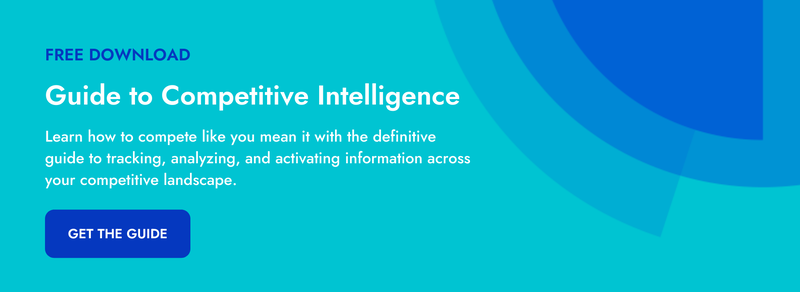



%20(1).png?width=500&name=CI%20Strategy-CI%20Audit%20(1)%20(1).png)